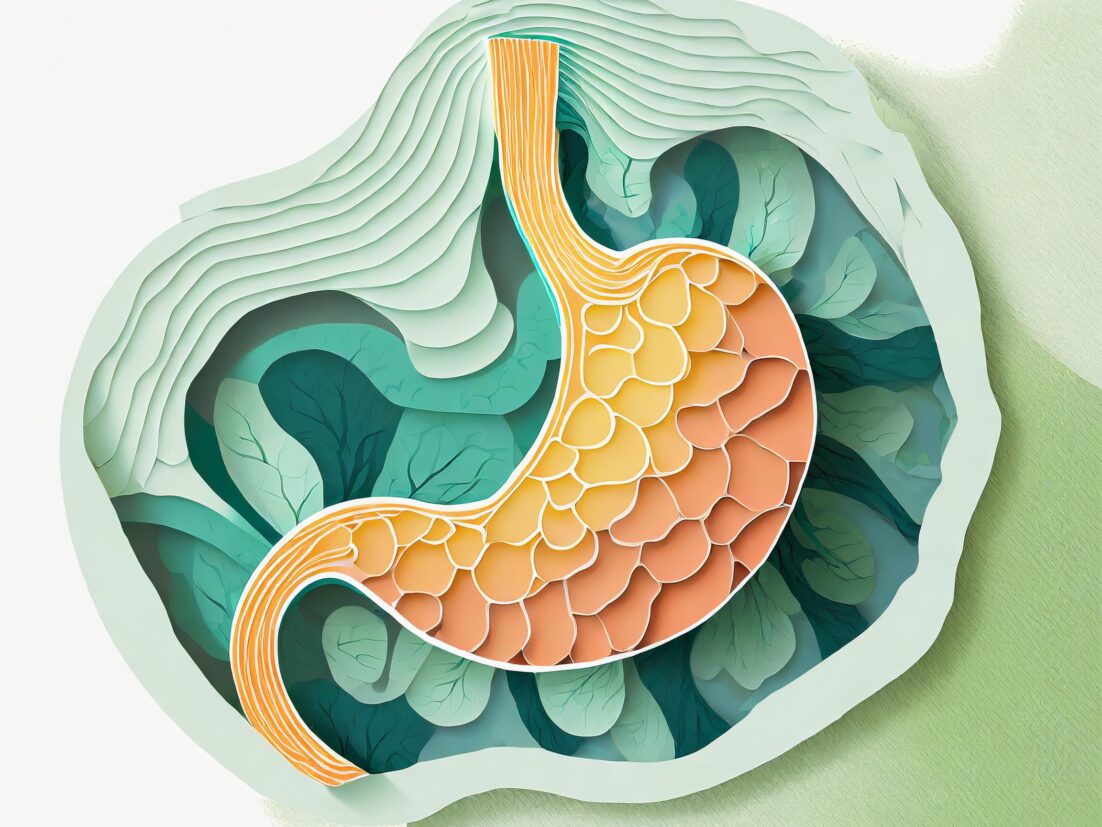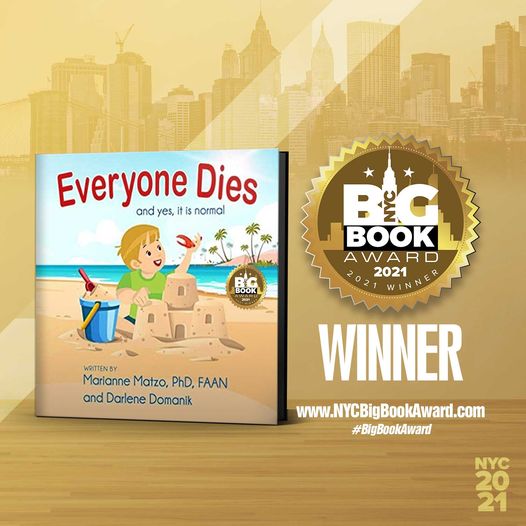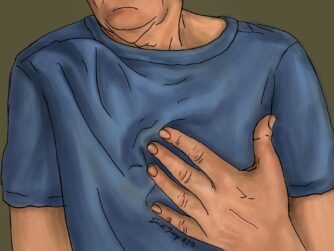Learn all about stomach cancer treatment, symptom management, and end-stage disease.
In Part 1 we talked about risk factors, symptoms, diagnosis, staging, and survival estimates. This week for Part 2 of our discussion we review treatment options, symptom management, end-stage disease, and how you can support someone with stomach cancer.
In this Episode:
- 00:00 – Our Sponsor: Tree of Life Memorials and Digital & Stone
- 00:20 – Intro
- 02:18 – How to Lower Your Risk for Stomach Cancer
- 09:50 – Recipe of the Week: Popcorn Balls
- 12:39 – Stomach Cancer Treatment
- 21:01 – Stomach Cancer Symptom Management
- 33:14 – End-Stage Stomach Cancer
- 41:49 – How to Support Someone with Stomach Cancer
- 50:24 – Greg’s Journal: The Loneliness of Caring for Someone with Alzheimer’s Disease
- 54:00- Outro
Can I Get Stomach Cancer?
Stomach cancer is the 5th most common cancer in the world, and according to the National Cancer Institute (NCI) anyone can get stomach cancer. According the the American Cancer Society, The lifetime risk of developing stomach cancer is higher in men (about 1 in 101) than in women (about 1 in 155). But each person’s risk can be affected by many other factors.
We share several lifestyle choices you can make to reduce your risk – many also improve your risk for numerous cancers such as avoiding tobacco, eating well, maintaining a healthy weight, and getting enough exercise. (As we were speaking of eating healthy, here is a link to naturally-sweetened Honey Popcorn Balls that are healthy and a great snack or finger food for your next event!)
How Is Stomach Cancer Treated?
Dr. Matzo goes in depth into how cancer is treated according to how severe it is (the stage), also explained in Part 1.
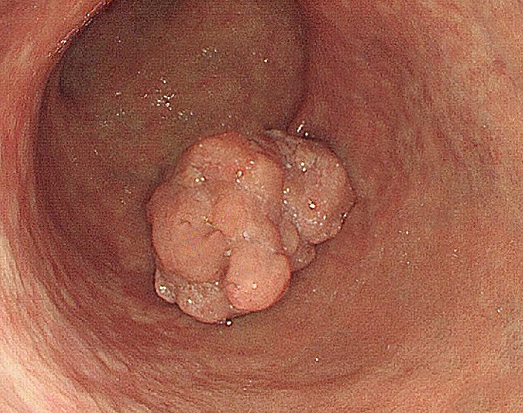
Some small tumors can be removed from an endoscope. Others require more extensive surgery, or even radiation or neoadjuvant chemotherapy before surgery to shrink the tumor to have better success. Radiation, chemotherapy, or targeted medication may follow.
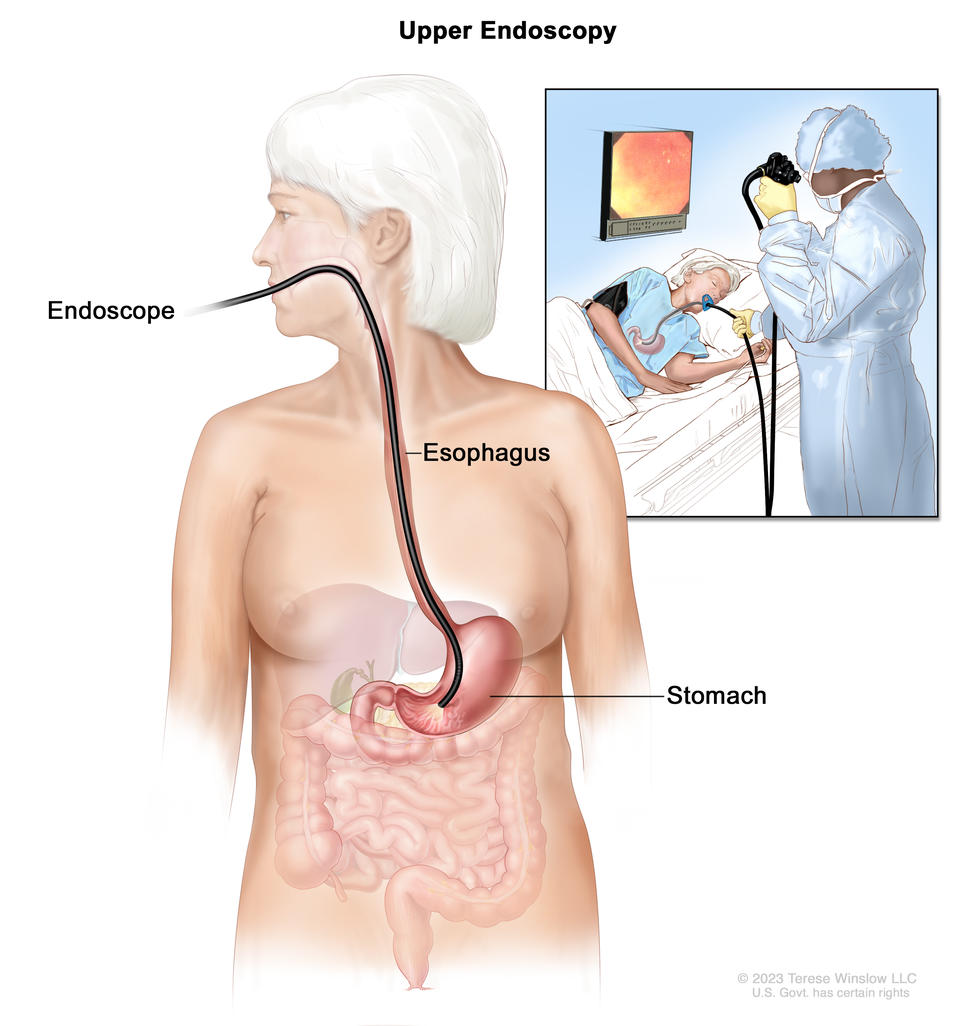
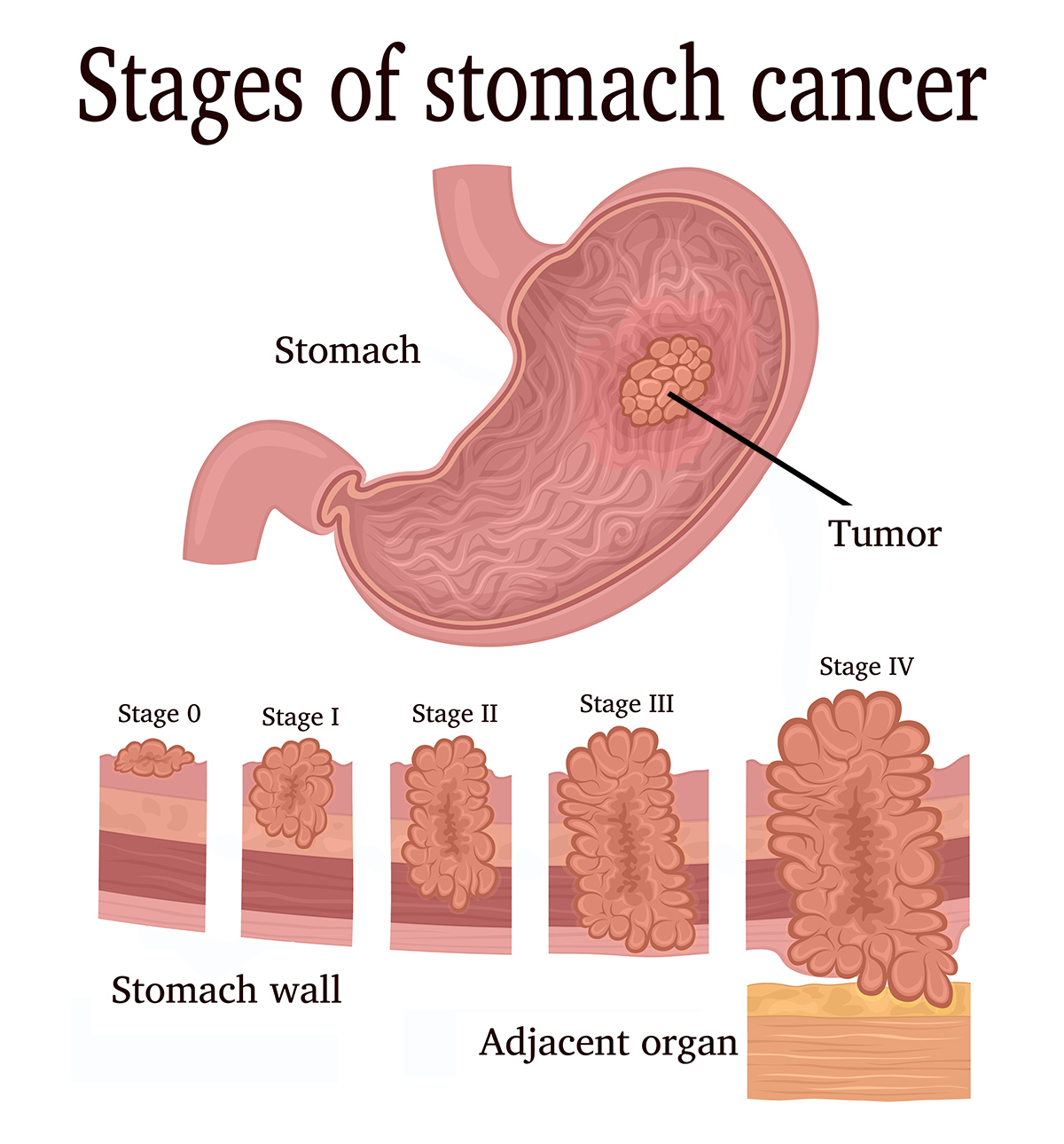
To understand stomach cancer and how it is staged, it helps to visualize the structure. Refer to the image below for Dr. Matzo’s description. The stomach wall is made up of five layers of tissue and muscle. Knowing about these layers can help you understand the stage of your cancer.
All oncologists follow the National Comprehensive Cancer Network guidelines for the treatment protocol, which was determined by research to be the best practice. You may also be eligible to be part of a clinical trial for early access to emerging treatments.
How Do I Manage Side Effects of Treatment?
Learn about some of the common side effects and how they are managed, especially how to live with a gastrectomy, a medical procedure where all or part of the stomach is surgically removed.
Coping with End-Stage Disease
Unfortunately many people are unaware they have stomach cancer until it is fairly advanced. Stomach cancer can metastasize to other organs, and tends to spread to the abdominal cavity, liver, bone, brain, distant lymph nodes, and lung, causing related symptoms. (See table)

Some people with metastatic disease may be offered additional chemotherapy, targeted therapy (medications that specifically target cancer cells while leaving healthy cells mostly alone. They generally cause fewer side effects than chemotherapy). Another option is immunotherapy which is a drug that identifies the immune cells in your body, and then wakes them up. Part of the reason why cancer grows is that your immune system does not recognize the cancer cells as abnormal.
Some people decide that these treatments are too hard on their body and decide not to continue. Please listen to our Podcasts S4E22: Examining Your Options when Chemotherapy Stops Working, and S4E20: Palliative Chemotherapy: Is it ever appropriate for people with end-stage cancer to help you with your choices.
How Do I Support Someone with Stage 4 Cancer?
When someone you love is diagnosed with a late-stage cancer, you may not be sure what to say or how to interact with them. It can be especially difficult if you are coping with your own anticipatory grief.
In addition to the tips Dr. Matzo gave, check out this list from Caring Bridge, a resource to help organize a community to support someone who is ill or needing extra support.
Be mindful that constant visitors may be exhausting, but there is often a desperate need to stay connected such as by phone, text or social media. Not sure what they need? Just ask, but also offer specifically what you can do, such as helping with the pets, driving them to appointments, etc.
References:
- Stomach Cancer (NCI)
- Understanding Your Pathology Report (Oncolink)
- Lou, T., Hu, X., Lu, N., & Zhang, T. (2023). Causes of Death Following Gastric Cancer Diagnosis: A Population-Based Analysis. Medical science monitor: international medical journal of experimental and clinical research, 29, e939848. https://doi.org/10.12659/MSM.939848
- Mukkamalla SKR, Recio-Boiles A, Babiker HM. Gastric Cancer. [Updated 2023 Jul 4]. In: StatPearls [Internet]. Treasure Island (FL): StatPearls Publishing; 2024 Jan-. Available from: https://www.ncbi.nlm.nih.gov/books/NBK459142/
- The prognostic factors and the cause of death in patients with advanced or recurrent gastric cancer. https://ascopubs.org/doi/abs/10.1200/jco.2015.33.3_suppl.215
- Hianik RS, Bilen MA, Kudchadkar RR, Dixon MD, Yushak ML, Pentz RD. Using Metaphors to Explain Immunotherapy to Cancer Patients. J Human Clin Gen. (2019);1(3):6-9.
Resources:
- Stomach Cancer Awareness Network:
- National Comprehensive Cancer Network (NCCN) Cancer Guidelines for Patients
- Stomach Cancer Treatment Guidelines (2023 – see above link for most current)
- Distress During Cancer Care
- Nausea And Vomiting
- Stomach Cancer Treatment (NCI)
- Guide to Stomach Cancer – American Society of Clinical Oncology (ASCO)
- Questions to Ask Your Doctor about Treatment (NCI)
- American Cancer Society Guideline for Diet and Physical Activity for Cancer Prevention
- How to Quit Using Tobacco (ACS)
- Find NCI-Supported Clinical Trials
- Chemotherapy and You: Support for People With Cancer (PDF)

Related Podcasts for this Episode
- S4E46: What You Need to Know about Stomach Cancer – Part 1
- S1E31: Clinical Trials
- S4E20: Palliative Chemotherapy: Is it ever appropriate for people with end-stage cancer?
- S4E22: Examining Your Options when Chemotherapy Stops Working
Our Sponsors
This episode was sponsored by The Tree of Life Memorials and Digital & Stone – a new platform to create digital memorials, environmental legacies and fine art monuments. Share the Stories, preserve the memories, conserve the land, connect the Souls…. because Love never dies. Find out more at https://www.digitalandstone.com/


https://blog.feedspot.com/palliative_care_podcasts/
Everyone Dies: and yes, it is normal!
Everyone Dies (and yes, it is normal) is a story about a young boy named Jax who finds something special on the beach where he and his grandpa Pops are enjoying a wonderful day. Pops helps Jax understand that death is a normal part of life. This book provides an age appropriate, non-scary, comfortable way to introduce the important topic of mortality to a preschool child. Its simple explanation will last a lifetime. Autographed copies for sale at: www.everyonediesthebook.com. Also available at Amazon
Mourning Jewelry

We offer a way to memorialize your loved one or treasured pet with a piece of handmade jewelry. When people comment on it and the wearer can say for example “I received this when my mother died” which opens the conversation about this loss. All our jewelry is made with semi-precious stones and beads, vintage beads, and pearls. You can choose between earrings or bracelets and the color family. Learn More


